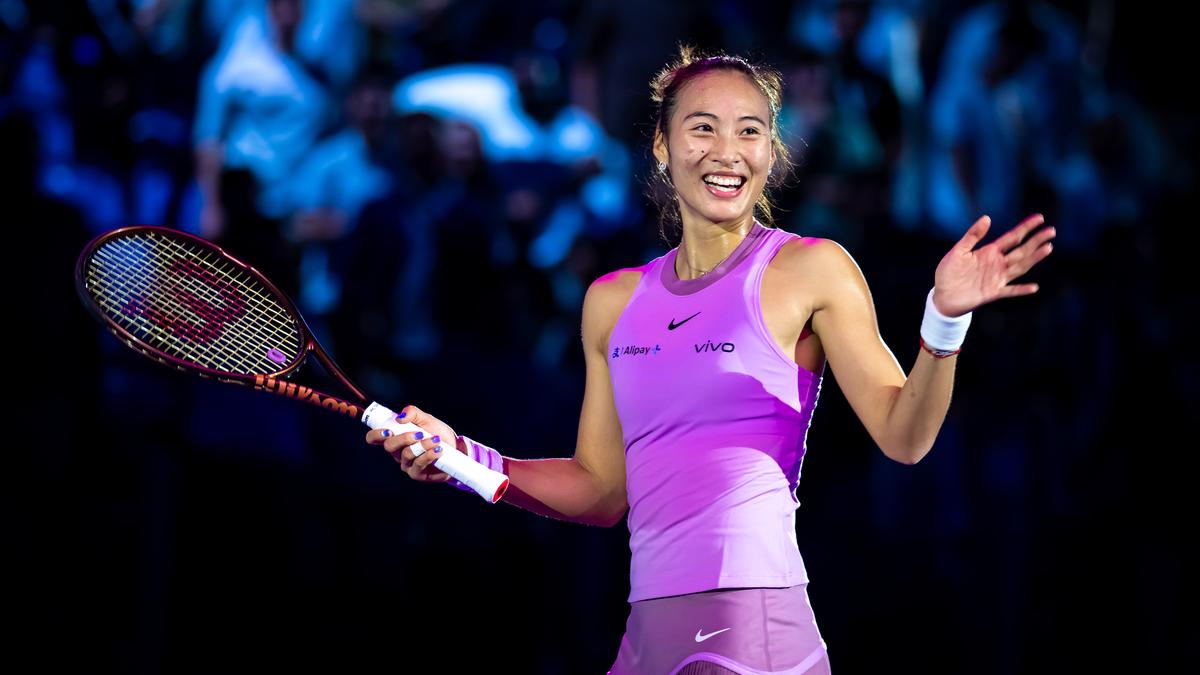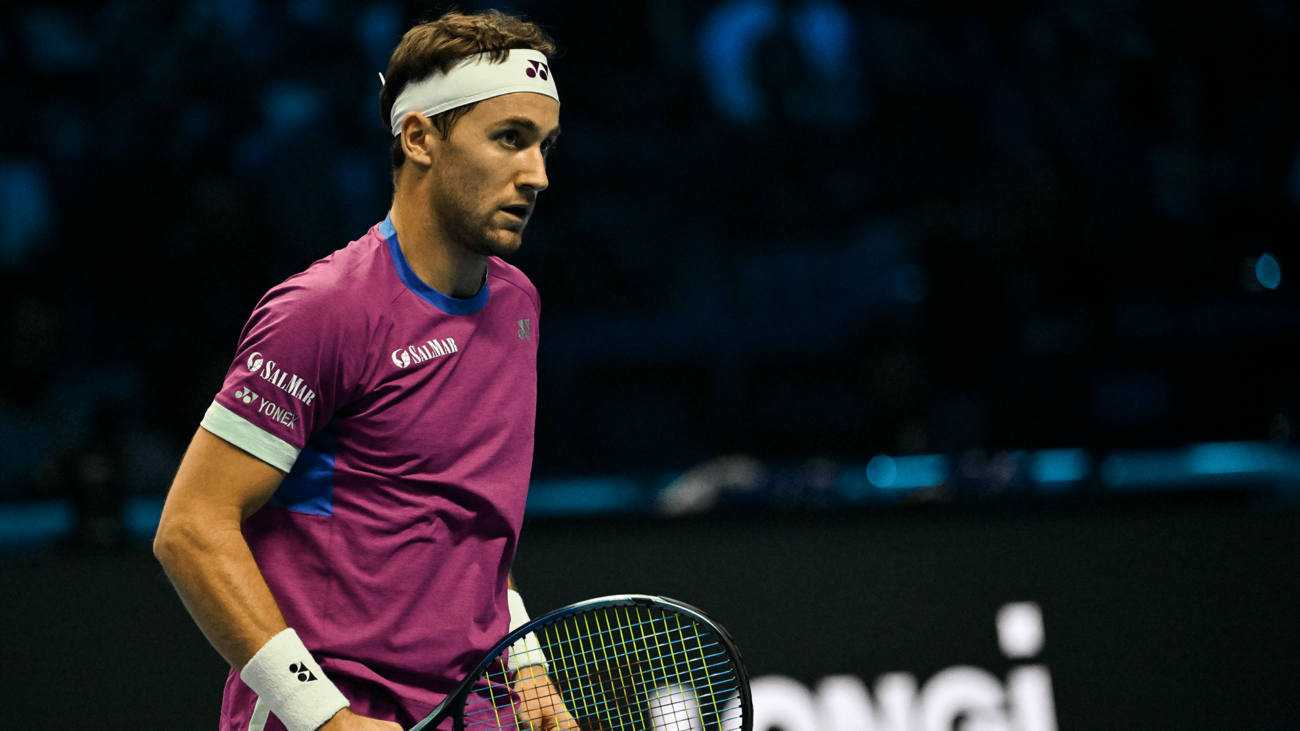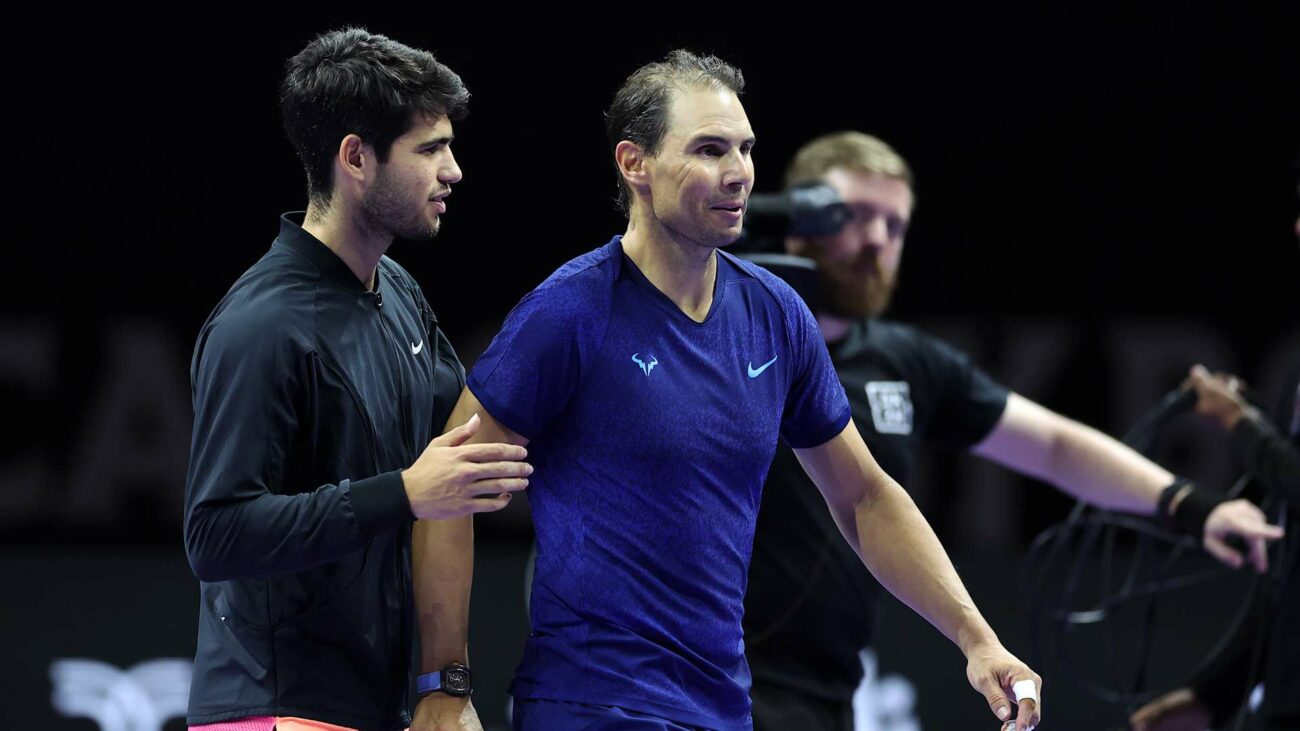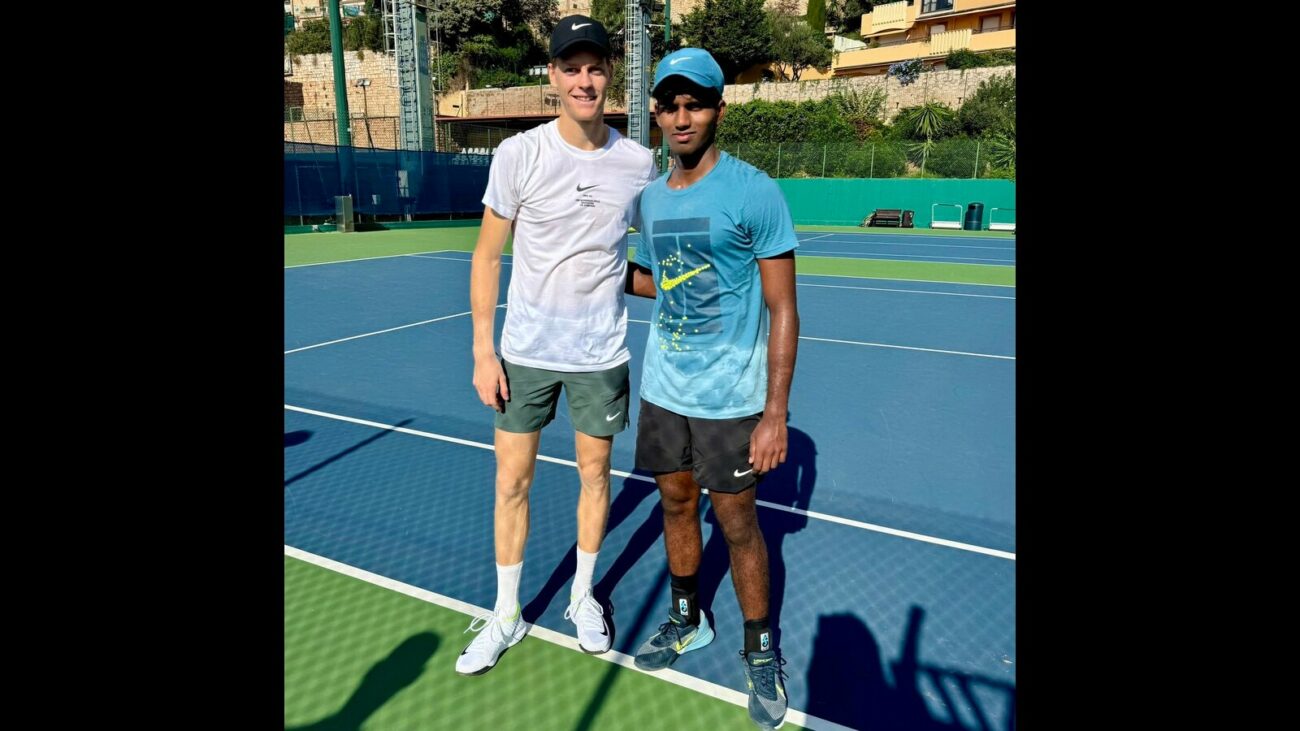The role-model effect in sports is a double-edged sword. It can inspire generations of athletes and create a thriving sporting culture, but it can also burden young athletes with unrealistic expectations. Qinwen Zheng, a rising star in tennis, has experienced both sides of this phenomenon.
Inspired by her compatriot Li Na, the first Asian to win a Grand Slam singles title, Zheng has rapidly ascended the tennis rankings. She reached the Australian Open final in 2024 and won the WTA Finals in 2025. Her success has been attributed to her powerful serve, top-spin-heavy forehand, and relentless determination.
Zheng’s rise has been marked by both triumphs and setbacks. She has defeated top players like Iga Swiatek and Aryna Sabalenka, but she has also faced challenges in maintaining consistency and handling pressure. Despite these setbacks, Zheng remains optimistic about her future prospects.
“I have a lot of confidence in Qinwen,” said her coach, Pere Riba. “She has the tools, the weapons, and every month is better.”
Zheng’s success has come at a time when women’s tennis is experiencing a period of transition. While Swiatek and Sabalenka dominate the rankings, a new generation of players, including Zheng, is emerging to challenge their supremacy.
Zheng’s journey serves as a reminder of the power and pitfalls of the role-model effect in sports. While it can inspire and motivate, it can also create unrealistic expectations and pressure. Zheng has navigated these challenges with resilience and determination, and she is poised to become one of the leading players in women’s tennis.






